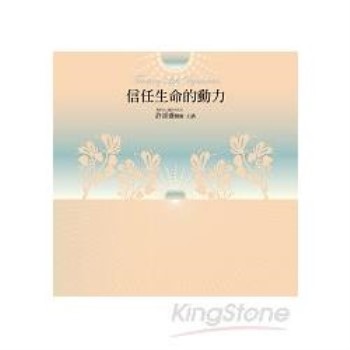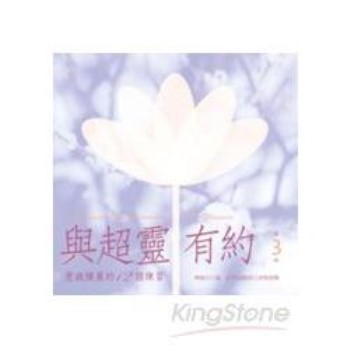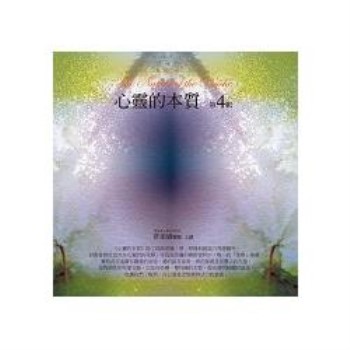Heritage language speakers often feel discouraged from using their heritage language because they are told they do not speak it well. This book offsets such views by investigating heritage language variation and change across generations in eight languages spoken in Toronto. It introduces new methodology to help readers understand and apply variationist sociolinguistic approaches to quantitatively analyze spontaneous speech. This approach, based on a corpus of 400+ speakers, shows that variation and change across the grammar of heritage languages resemble the patterns in hegemonic majority languages, contrasting with the simplification/attrition patterns in experimental heritage language studies. Chapters compare patterns across generations, across languages, across ten variables in Cantonese, and between indexical and non-indexical patterns. Heritage language speakers are quoted, showing that this research increases heritage language usage and pride. Providing a tool for language revitalization, this book is essential reading for anyone interested in learning about and/or conducting research on heritage languages.
| FindBook |
有 1 項符合
Heritage Languages: Extending Variationist Approaches的圖書 |
 |
Heritage Languages: Extending Variationist Approaches 作者:Nagy 出版社:Cambridge University Press 出版日期:2024-06-27 語言:英文 規格:精裝 / 275頁 / 普通級/ 初版 |
| 圖書館借閱 |
| 國家圖書館 | 全國圖書書目資訊網 | 國立公共資訊圖書館 | 電子書服務平台 | MetaCat 跨館整合查詢 |
| 臺北市立圖書館 | 新北市立圖書館 | 基隆市公共圖書館 | 桃園市立圖書館 | 新竹縣公共圖書館 |
| 苗栗縣立圖書館 | 臺中市立圖書館 | 彰化縣公共圖書館 | 南投縣文化局 | 雲林縣公共圖書館 |
| 嘉義縣圖書館 | 臺南市立圖書館 | 高雄市立圖書館 | 屏東縣公共圖書館 | 宜蘭縣公共圖書館 |
| 花蓮縣文化局 | 臺東縣文化處 |
|
|
圖書介紹 - 資料來源:博客來 評分:
圖書名稱:Heritage Languages: Extending Variationist Approaches
|








